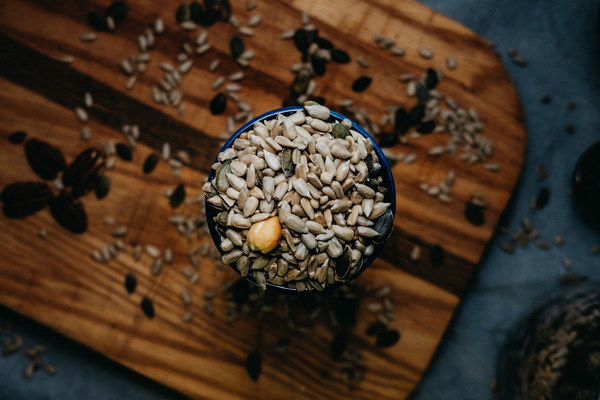The Ultimate Guide to Eating Beef Brisket for Lung Health
Are you looking for a delicious way to boost your lung health? Look no further than beef brisket! This classic dish, when prepared and consumed correctly, can offer numerous benefits for your respiratory system. In this ultimate guide, we will explore how to eat beef brisket for optimal lung health.
Understanding Beef Brisket and Its Nutritional Value
Beef brisket is a flavorful cut of meat that comes from the lower chest and front legs of cattle. It is well-known for its rich taste and tender texture. This cut is also packed with essential nutrients that can contribute to overall health, including lung health.
Here are some key nutrients found in beef brisket that are beneficial for your lungs:

1. Iron: Iron is crucial for transporting oxygen throughout the body, including the lungs. A deficiency in iron can lead to anemia, which can impair lung function. Beef brisket is an excellent source of heme iron, which is more easily absorbed by the body compared to non-heme iron found in plant-based foods.
2. Zinc: This mineral plays a vital role in immune function, which is essential for protecting the lungs from infections. Beef brisket contains zinc, which can help strengthen your immune system.
3. Vitamin B12: Vitamin B12 is important for maintaining healthy red blood cells and a robust immune system. A deficiency in this vitamin can lead to anemia and weaken the immune system, making the lungs more susceptible to infections.
4. Protein: High-quality protein is essential for repairing and building tissues, including lung tissue. Beef brisket provides an excellent source of protein, which can help in maintaining healthy lung function.
Preparation and Cooking Techniques for Optimal Lung Health
The way you prepare and cook beef brisket can significantly impact its nutritional value and lung health benefits. Here are some tips to ensure you're getting the most out of this delicious dish:
1. Marinating: Marinate the beef brisket in a mixture of herbs, spices, and acidic ingredients like vinegar or lemon juice. This process can tenderize the meat and infuse it with flavor. Additionally, marinating with acidic ingredients can help break down the connective tissue, making it easier for your body to absorb the nutrients.
2. Low and Slow Cooking: Cook beef brisket using a slow cooker, crockpot, or oven at a low temperature for an extended period. This method ensures that the meat becomes tender and the flavors develop. The slow cooking process also allows the nutrients to become more accessible to your body.
3. Avoid Overcooking: Overcooking beef brisket can result in a loss of nutrients and a tough texture. Aim to cook the brisket to a temperature of 145°F (63°C) and allow it to rest for a few minutes before slicing.
Serving Suggestions for Maximum Lung Health Benefits
To maximize the lung health benefits of beef brisket, consider the following serving suggestions:
1. Pair with Vegetables: Serve your beef brisket with a variety of vegetables, such as leafy greens, carrots, and cruciferous vegetables like broccoli and cauliflower. These foods are rich in antioxidants and can help protect the lungs from oxidative stress.
2. Add Herbs and Spices: Incorporate herbs and spices like garlic, ginger, and turmeric into your dish. These ingredients have anti-inflammatory properties that can help reduce lung inflammation and improve respiratory function.
3. Control Portion Sizes: While beef brisket is a nutritious choice, it is also high in calories and saturated fat. Be mindful of portion sizes to maintain a balanced diet and avoid overindulgence.
In conclusion, beef brisket can be a delicious and nutritious addition to your diet, particularly when it comes to supporting lung health. By understanding the nutritional benefits of this dish, using proper preparation and cooking techniques, and incorporating it into a balanced meal plan, you can enjoy the flavors of beef brisket while reaping its lung-boosting benefits.









